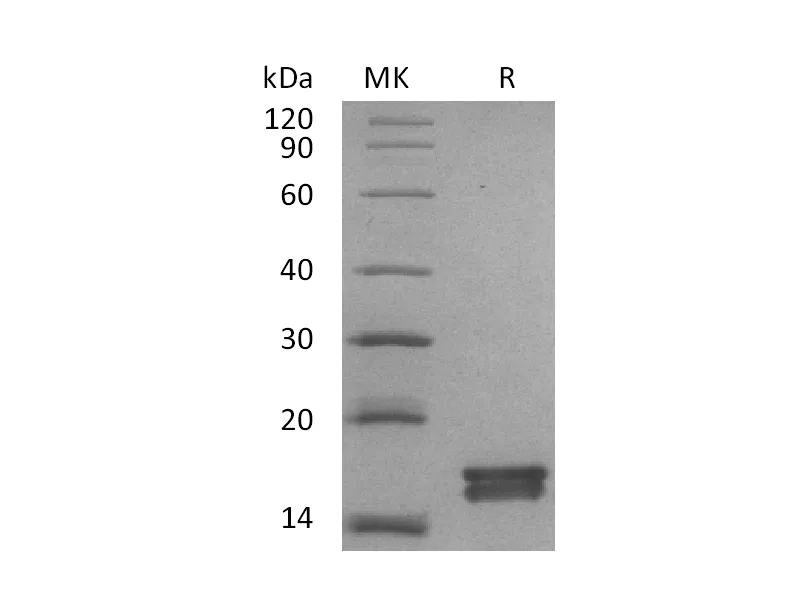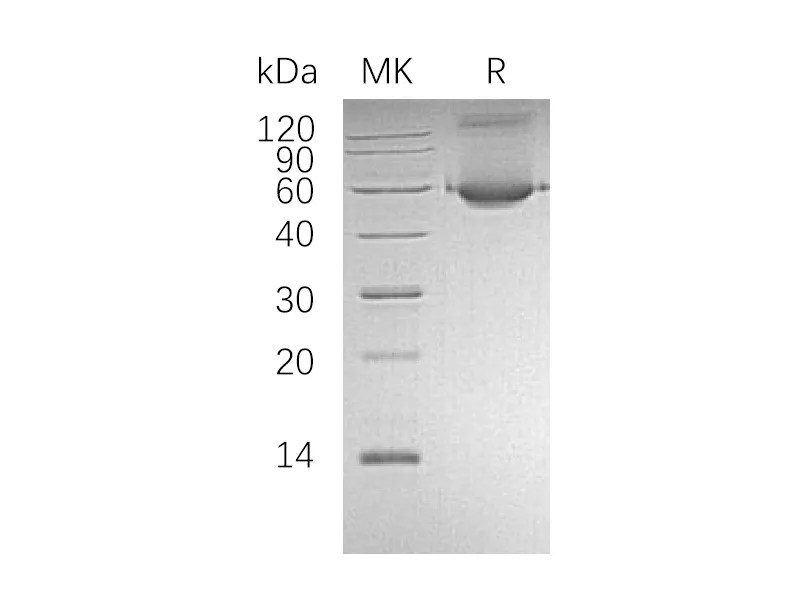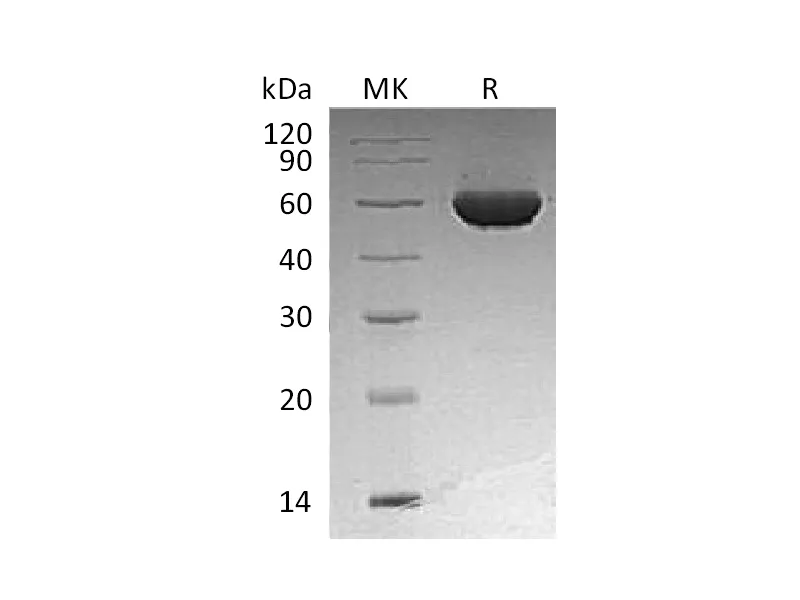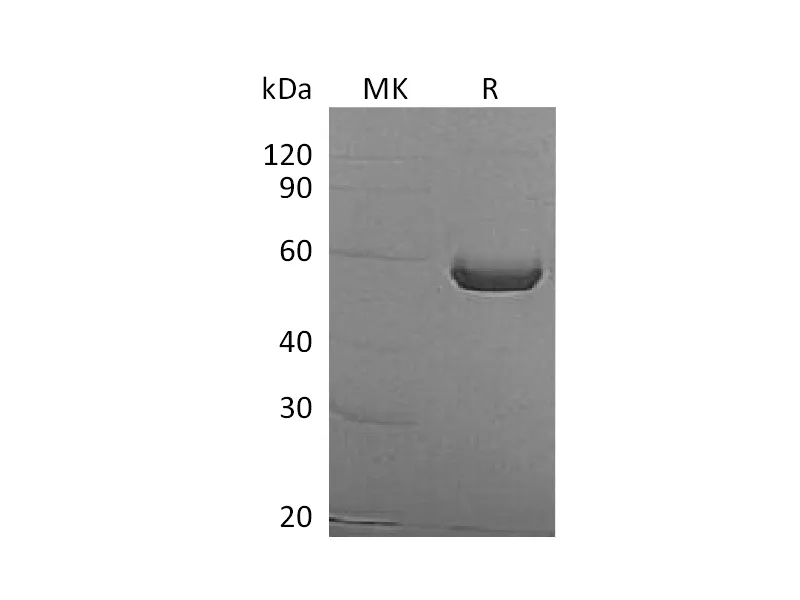Alternative Names
Hypoxia up-regulated protein 1; 150 kDa oxygen-regulated protein; ORP-150; 170 kDa glucose-regulated protein; GRP-170; HYOU1; ORP150
Background
Hypoxia up-regulated protein 1(HYOU1) is a member of the heat shock protein 70 family. Seven members from four different heat shock protein (HSP) families were identified including HYOU1, HSPC1(HSP86), HSPA5(Bip), HSPD1(HSP60), and several isoforms of the two testis-specific HSP70 chaperones HSPA2 and HSPA1L. HYOU1 is highly expressed in many tissues, such as liver, pancreas, macrophages within aortic atherosclerotic plaques, and in breast cancers. HYOU1 has a pivotal role in cytoprotective cellular mechanisms triggered by oxygen deprivation. It may play a role as a molecular chaperone and participate in protein folding. Suppression of HYOU1 is associated with accelerated apoptosis. It is suggested to have an important cytoprotective role in hypoxia-induced cellular perturbation. This protein has been shown to be up-regulated in tumors, especially in breast tumors, and thus it is associated with tumor in vasiveness.
Note
For Research Use Only , Not for Diagnostic Use.




